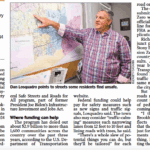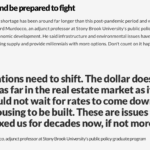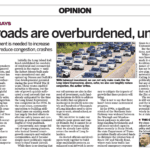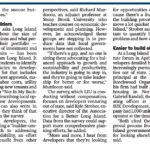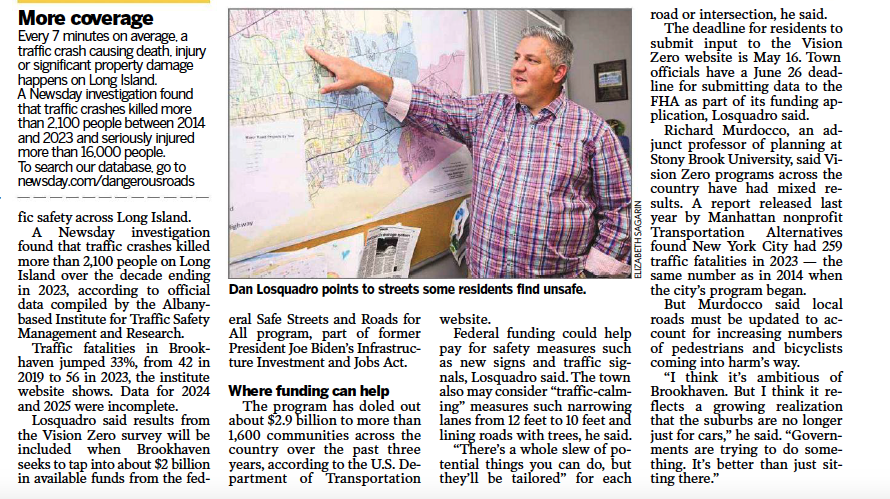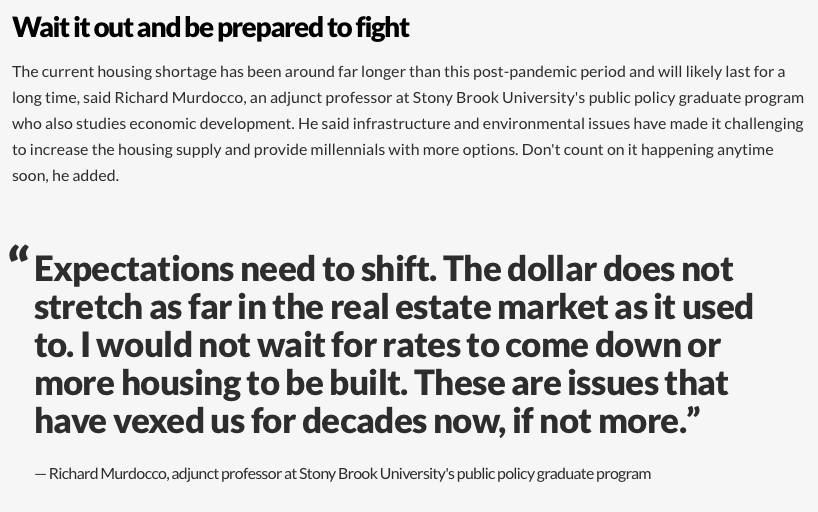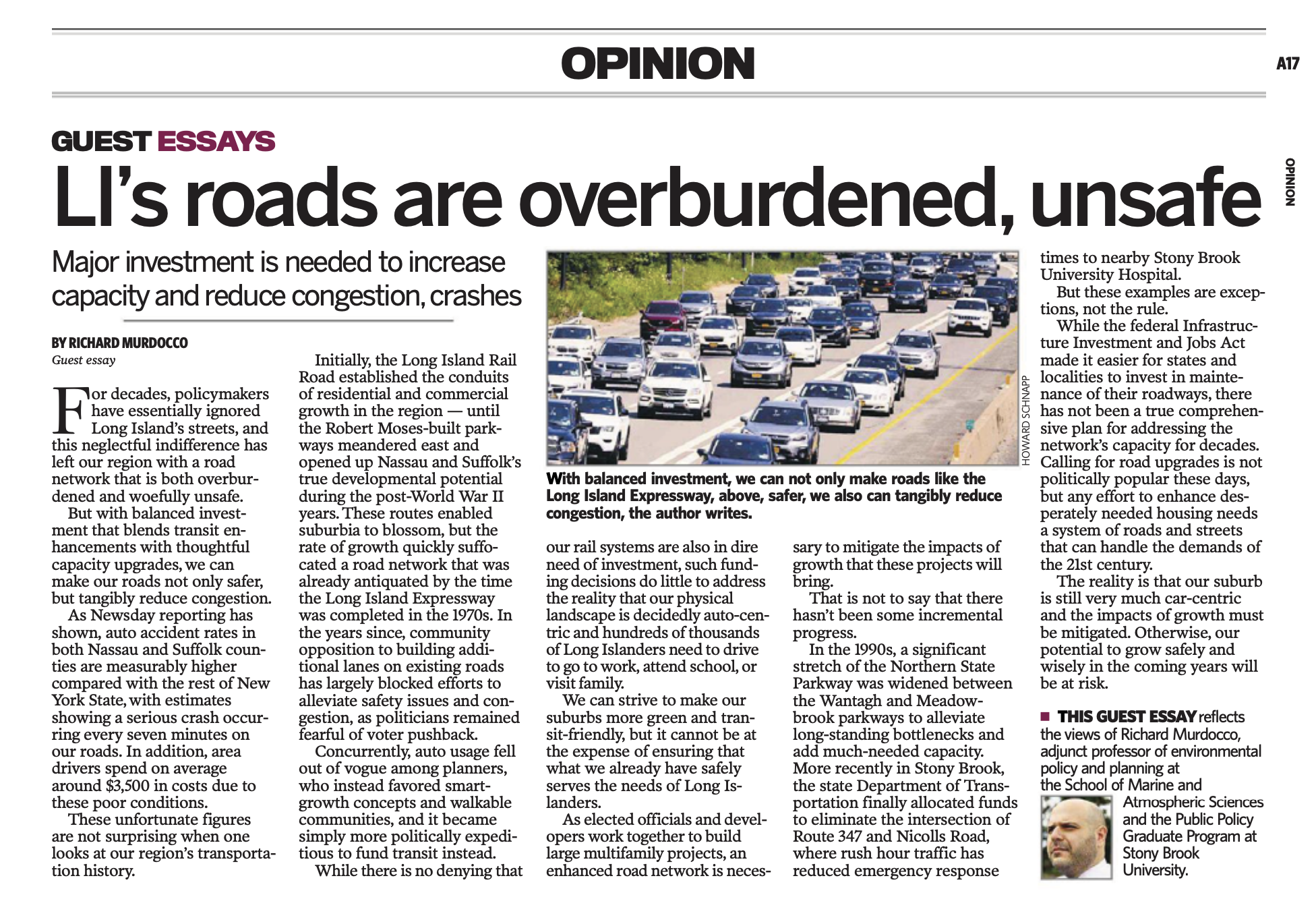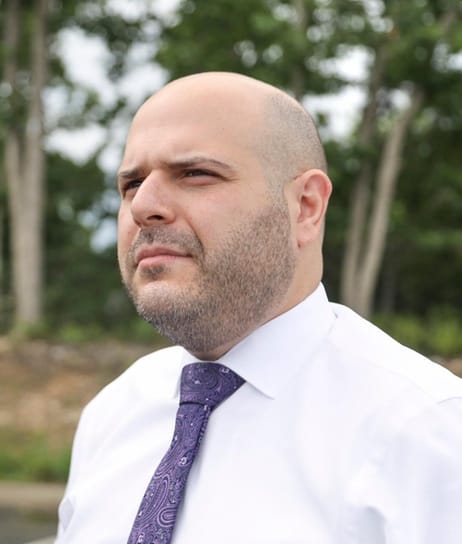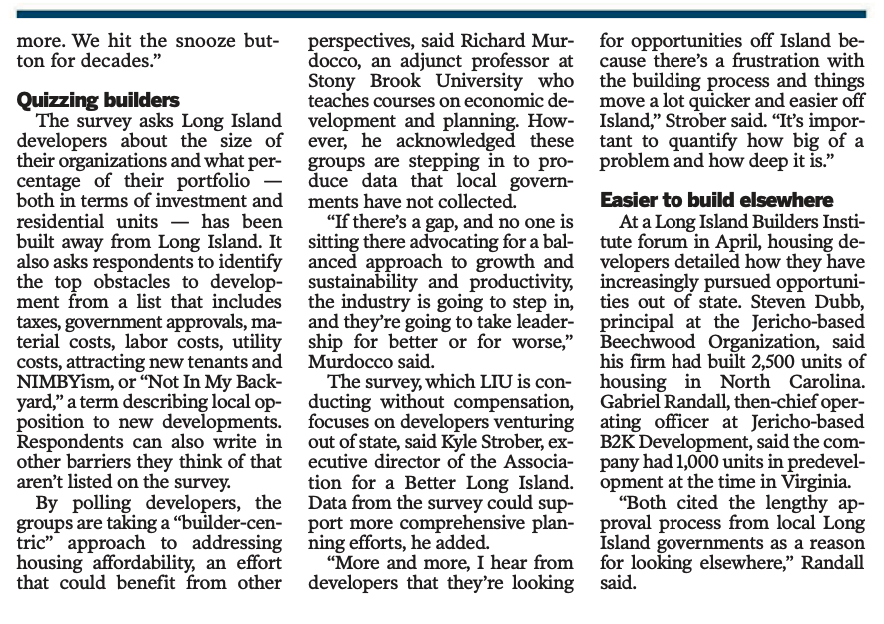The following are answers to The Foggiest Five, a set of questions asked to influential Long Islanders on the future of the region. This round features answers from Dr. Chris Gobler, who is a professor within SUNY Stony Brook’s School of Atmospheric and Marine Sciences (SoMAS). Dr. Gobler’s answers reflect his extensive body of work on the subject of harmful algal blooms, and the relationship between land use and water quality. The views presented are the author’s alone, and do not represent those of The Foggiest Idea:
1. What is your favorite part of living on Long Island?
The coastal environments, Pine Barrens, and preserved spaces.
2. What is our greatest regional challenge?
Conserving coastal environments and open spaces. Economic sustainability is also an issue, given the cost of living. And, of course, there are means for linking conservation and sustainability.
3. What is an easy first step to solving this challenge?
I think LI needs to rethink the drivers of our economy. Recent economic studies reveal that tourism, fisheries, and water account for nearly half of our economy. Hence, the idea that building equates to growth that ruled Long Island for the 20th century needs to be replaced with a new model whereby the new drivers of our economy are valued and invested in.
4. What has been the biggest change that you’ve seen on Long Island during the course of your career?
The loss of open space, progressive congestion of roadways, and the degradation of our coastal waters. On the optimistic side, I have also seen a growing awareness of these issues among Long Islanders and a growing desire to address these issues.
5. What do you think Long Island will be like in 20 years?
I am optimistic that the ideas of sustainability of land, sea, and economy will be brought forward and that action will be taken during the next 20 years to stabilize and improve the resources Long Islanders hold most dear, our water.
Christopher Gobler is a professor within the School of Marine and Atmospheric Sciences (SoMAS) at Stony Brook University. He received his M.S. and Ph.D. from Stony Brook University in the 1990s. He began his academic career at Long Island University (LIU) in 1999 where he was promoted with tenure and became the director of the marine sciences program in 2001. In 2005, he joined Stony Brook University as the Director of Programs for SoMAS on the Stony Brook – Southampton campus. His research examines the functioning of aquatic ecosystems and how that functioning can be effected by man or can affect man. He investigates harmful algal blooms (HABs) caused by multiple classes of phytoplankton in diverse ecosystems (e.g. estuaries, lakes, coastal ocean) using a variety of approaches (field, laboratory, experimental, molecular). Another research focus within his group is the effects of climate change effects on coastal ecosystems including studies investigating how future and current coastal ocean acidification effects the survival and performance of early life stage bivalves and fish. A final area of interest is investigating how anthropogenic activities such as eutrophication and the over-harvesting of fisheries alters the natural biogeochemical and/or ecological functioning of coastal ecosystems.
Gobler has has received numerous awards for his research and the usefulness of his science in shaping policy.


